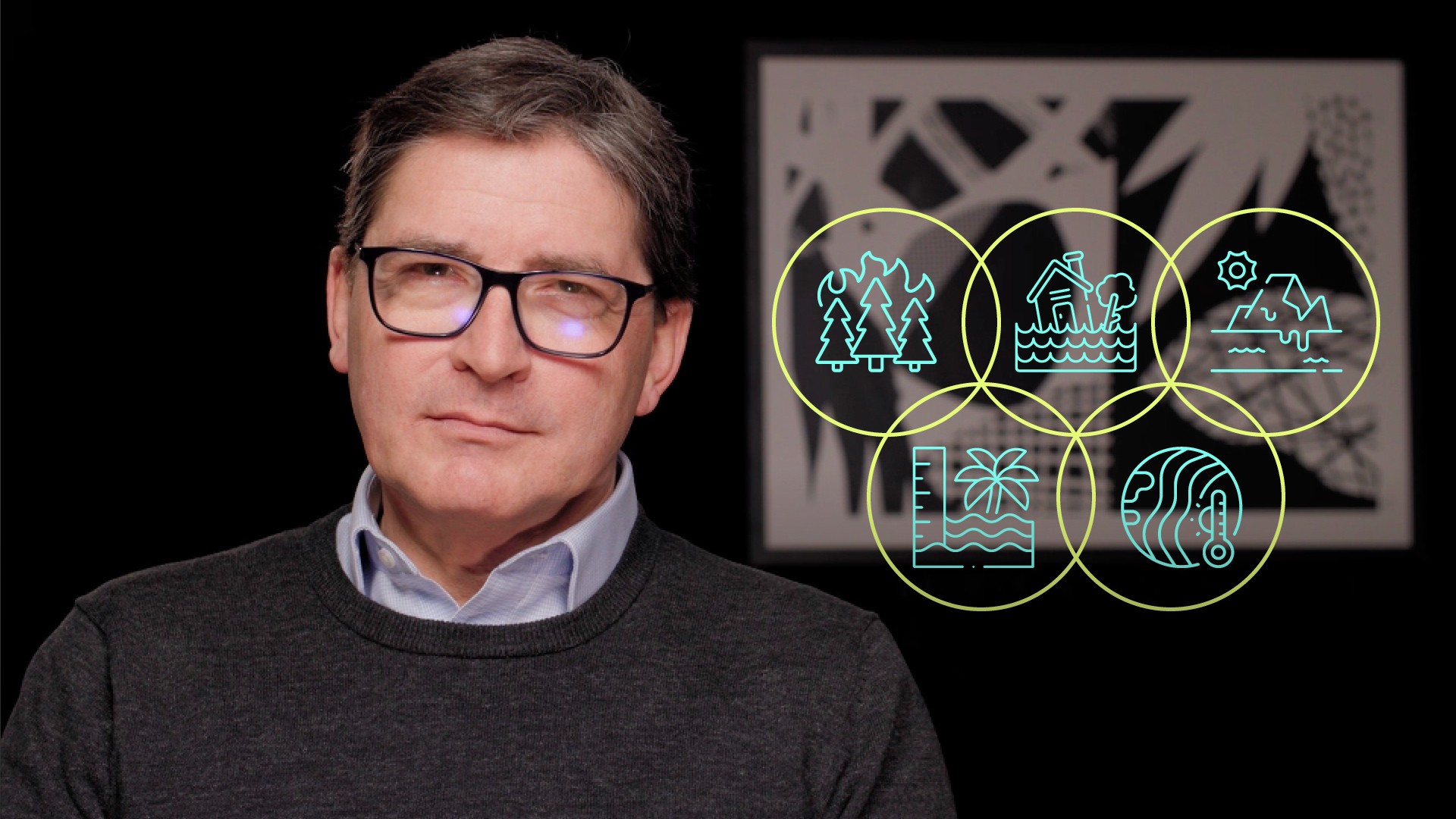
Understanding ESG risks

Roger Miles
25 years: Behavoural science & conduct
In this video, Roger Miles delves further into the changing landscape of public opinion regarding ESG (Environmental, Social, and Governance) reporting, highlighting the growing demand for greater transparency. He also uses some examples to explain the concept of “good intentions gone wrong” using some famous product examples.
In this video, Roger Miles delves further into the changing landscape of public opinion regarding ESG (Environmental, Social, and Governance) reporting, highlighting the growing demand for greater transparency. He also uses some examples to explain the concept of “good intentions gone wrong” using some famous product examples.
Subscribe to watch
Access this and all of the content on our platform by signing up for a 7-day free trial.

Understanding ESG risks
3 mins 22 secs
Key learning objectives:
Understand the impact of the internet era with regards to risks arising from poor ESG management
Understand how good intentions can go wrong within the context of reputation risk and greenwashing
Overview:
Public sentiment is shifting and citizens are more critical of deceptive greenwashing tactics. The internet era has introduced new risks for businesses and it is important for companies to be aware of the impact of the "public interest," which includes customers, employees, and citizens, expressing their objections through online channels.
Subscribe to watch
Access this and all of the content on our platform by signing up for a 7-day free trial.
Younger employees are increasingly favouring "leaking" as a means to address ethical misconduct problems, as opposed to traditional whistleblowing channels. The chapter describes this shift as "leaking is the new whistleblowing."
Subscribe to watch
Access this and all of the content on our platform by signing up for a 7-day free trial.

Roger Miles
There are no available Videos from "Roger Miles"





























